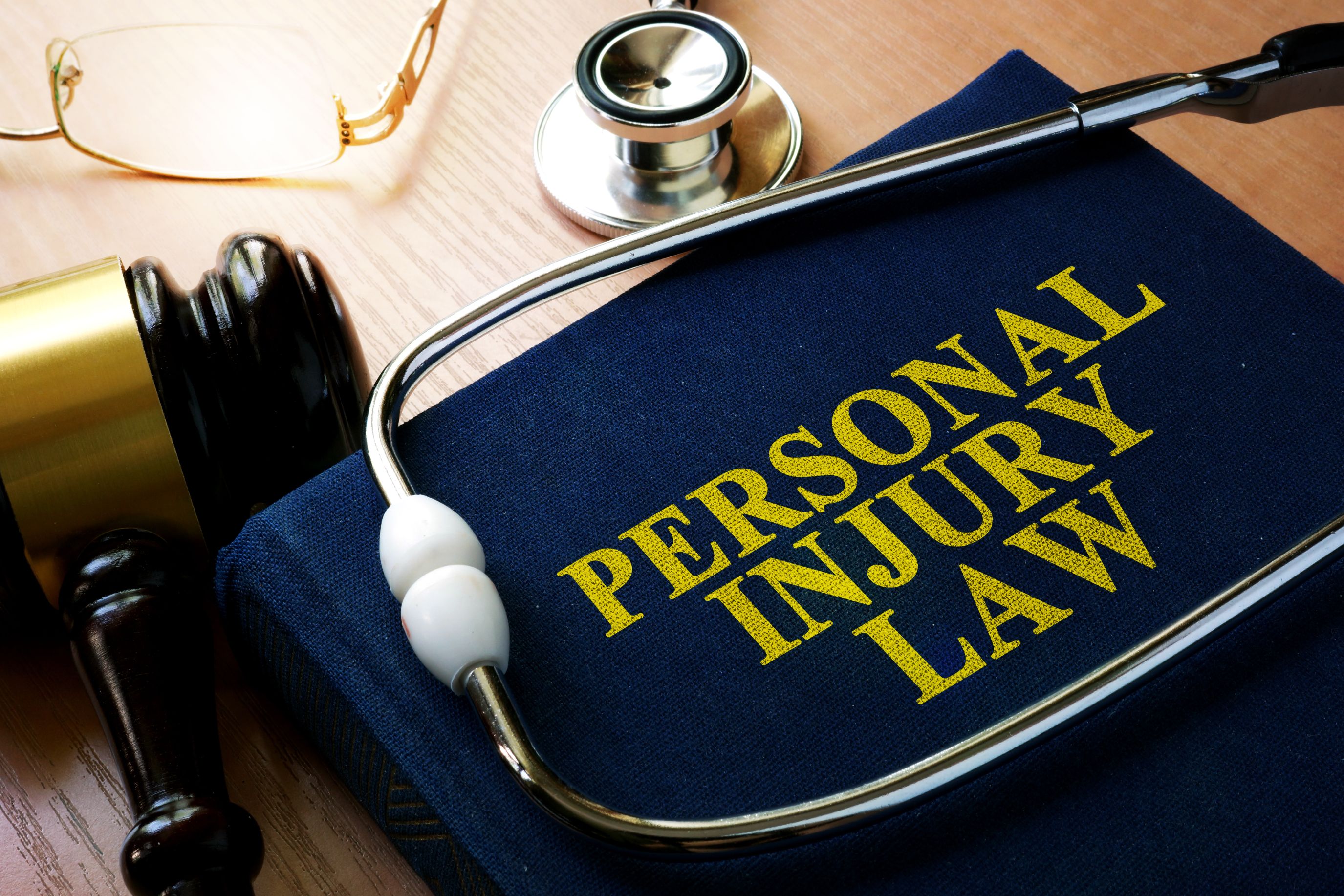What to Do If You are Injured at Work
Do you know what to do if you're injured at work? A lot of workers don't, and that results in losses of treatment, management of pain and compensation running into the millions- all because a number of workers just say, "it's only a scratch" (even to major injuries) and get right back on the job.
So, here's what to do if you're injured at work: unless you're Grandpa Harris (you remember him, the old guy who worked at the factory, took an aspirin and went to bed early when he had his heart attack on the floor of the plant), it's advisable to stop working at once. If it was an accident, and 99 cases out of 100 it will be just that, you should be sure to report the incident at once to your employer and, if there is one, the authorized on-site doctor.
If you're wondering why you can't see your own doctor, there's a simple reason. You can't see your own doctor for worker's injuries since the law requires that employers pay for the medical care incurred by the victim of the accident. This means that that particular authorized on-site doctor employed by the company is the one to use and trust in- if you use your own doctor, you'll likely wind up being stuck with the medical bills.
There are some plans that authorize the accident victim's choice of a physician; in most cases, however, the company doctor will be the one recommended. Of course, the earlier the request gets made, the more likely that your own doctor can be used- but in limited circumstances, and under the employer's consent only.
If you miss work as a result of the accident, you will still be entitled toTemporary Disability benefits, which will be paid per week until you return to work; you should reckon on getting around 70 percent of your gross weekly pay at the time of the accident, up to the Federal maximum (currently around $550.00 weekly).
From the time of the accident, you have up to two years to file a worker's compensation claim- in other words, up to the point that worker's compensation benefits run out. If no payments are being made to you, you have two years after the accident to file a workers' compensation claim.
The ringer in this is that during this time you will be unable to work, but cannot seek Unemployment benefits; these are not paid to those not actively seeking work or those unable to work. In general, a person who is disabled as the result of an accident will not be denied the weekly disability payments, although the state might request that you, as the victim, file a Worker's compensation Claim petition. The worker's compensation claim petition is a document that allows you to establish a lien to protect the fact that you're entitled to temporary disability benefits paid to you.
The big question for most workers is- should I seek a monetary settlement, especially if I'm still at work? You should seek a monetary settlement if you receive medical treatment and return to work with no disability benefits paid out to you. The settlement for your accidental injury is yours to seek.
All of this applies even to workers whose accidents were their own fault; as long as the worker is injured in the performance of work-related duties, the question of who caused the accident is irrelevant to the case.
Finally, you can contact an attorney if you feel that, in addition to worker's comp, you should file against a Third Party (the business) for damages in a worker's compensation court.
This is what to do when you're injured at work!
Featured Attorneys & Lawyers - Personal Injury & Property Damage
- Alpharetta, GA
- Athens, GA
- Baton Rouge, LA
- Charlotte, NC
- Chicago, IL
- Commack, NY
- Knoxville, TN
- New York, NY
- San Luis Obispo, CA
- Savannah, GA
- Yardley, PA
Related Articles
- How to Choose a Personal Injury Attorney
- Personal Injury Attorney Facts And Fees
- Facts About Personal Injury Lawyer Representation
Business News
Popular Posts
- Cultivating Resilience and Mental Toughness - Keys to Thriving Amidst Lifes Challenges
- 50 positive affirmations to be read every day
- Mind Matters- The Chiropractic Approach to Personal Growth
- Mind Balance - A Comprehensive Solution for Navigating Modern Mental Health Challenges
- Journey Within - A Jewish Path to Self-Discovery and Spiritual Growth
- The Islamic Quest - Transforming Self for a Fulfilling Life in Allahs Light
- Buddhist Reflections - Navigating the Path of Self-Awareness and Enlightenment
- Uniting in Universal Love - Embracing Commonalities Across Faiths
- The Imperative of Unity - Why SmartGuy and Coexistence is Key to Global Survival
- Overcoming Ego and Self-Centeredness - Lessons from World Religions
- Overcoming Prejudice and Intolerance - Guidance from Global Faiths
- Cultivation and Improvement of Personality Traits to Deepen Ones Relationship with God
- How Mind Balance Can Improve the Mindsets of Employees
- Understanding Buddhism - Insights into Its Teachings Meditation and Cultural Impact
- The Essence of Islam - Understanding Its Beliefs Rituals and Cultural Significance
- A Universal Prayer for Peace and Understanding Embracing Diverse Faiths
- Cultivating Key Skills to Overcome Anti-Semitism and Hate
- How Mind Balance Empowers You Against Misinformation
- Finding Strength and Safety in Scripture - 25 New Testament Passages to Combat Spiritual Attacks
- How Mind Balance Brings People Closer to God
